Farming (New Zealand)
Where can I find information about farming in New Zealand?
(Years 7-10)
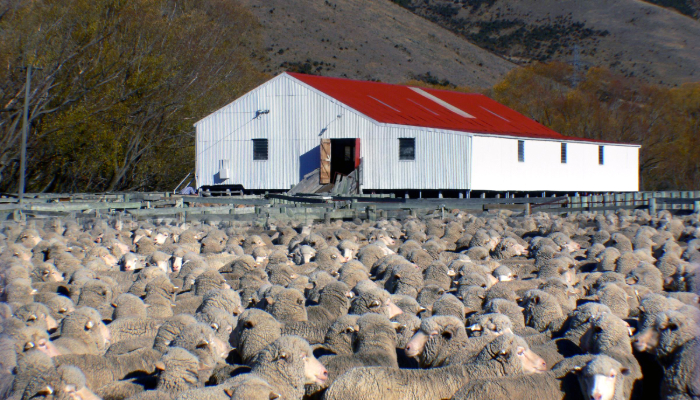
Image: On the farm. (9662414798) by Bernard Spragg. NZ on Wikimedia Commons. CC0 1.0. Image cropped.
Entry last updated: 21/11/25
Introduction
Farming has a long history in Aotearoa New Zealand, and is a major part of the economy. New Zealand farms produce meat, milk, fruit, vegetables, and crops. Products are for domestic use (in New Zealand) and export (overseas). Key types of farming include sheep, dairy, horticulture, and forestry. While farming supports communities, it also impacts the environment.
History of farming
Māori have their own history of agriculture and farming in Aotearoa New Zealand. When Europeans arrived, they introduced new plants and animals, and new ways of farming.
Te Ara: The Encyclopedia of New Zealand
Te Ara is an excellent starting point for all questions about Aotearoa New Zealand. If we look at the bottom of the page, we can see that the website belongs to the Ministry for Culture & Heritage, so the information is well-researched and reliable.
Use the Sitemap tab from the top of the page to find Section: Settled Landscapes.
Explore Animal Farming to find information on different types of farming like beef farming, and industries linked to farming, like the poultry industry and the pork industry.
Select the story Claiming the Land to read Ahuwhenua – Māori land and agriculture. Read about the history and impacts on Māori farming and agriculture.
Explore the other stories to find information on farming and the economy, and farming and the environment.
You could also use search words like 'farming' or 'Māori and farming' to find information.
Tips: Many web pages have links to further information or to other recommended sites. Following these links is a great way to find out more.
NZ History is a great website for information about New Zealand Aotearoa. It also belongs to the Ministry for Culture & Heritage.
SelectTopics at the top of the page.
Go to Topics A-Z.
Scroll down the list and choose F, then Farming.
Here you can find out about different farming events in history, as well as images and media related to farming.
Tips: We like sites like this because they’re reliable. You can tell because of their web address – they have either .govt or .ac, meaning they are from government or educational organisations. They’re also New Zealand sites, so relevant for us.
New Zealand Electronic Text Collection (NZETC)
NZETC is a collection of New Zealand and Pacific Island texts that was put together by Te Herenga Waka — Victoria University of Wellington. It is now looked after by the National Library of New Zealand.
Use the search box to enter 'farming in New Zealand'.
Select Early Settlement and Farming | The Farmer in New Zealand to read pages 23 and 24 from the book The Farmer in New Zealand.
The column on the right has details of the name and author of the book, and when it was published.
Go to the Table of Contents from the top of the page, then select Contents to read chapters in the book like The Māori Farmer and The Farming Industry.
Tips: This book was written in 1941 so you won't find any modern information, but it's great to look at for historical info!
NZ On Screen is the online showcase of NZ television, film, music video and web series. Documentaries here are an excellent source of information.
Enter the keywords 'Farming New Zealand' into the search bar at the top of the page.
Select the links called Farming in New Zealand and Making New Zealand — Farming.
Both documentaries are about the history and growth of farming in Aotearoa New Zealand.
Tips: Search words, or keywords, are the most important words in our question. You can leave out small words like ‘the’ and ‘of’ and just choose the main ones, eg Farming in New Zealand. We can always change our keywords or add more if we need to.
Farming and the environment
Farming has a large impact on the environment in lots of different ways. Here you can find information about issues like water use, pollution, sustainability, and climate change.
This website is for New Zealand school students and teachers and covers lots of different topics, including farming.
Enter the keyword 'farming' into the search bar.
Select Farming and environmental pollution and Farming and environmental issues.
Then read Dairy farming solutions to read about how these issues are being dealt with.
You could also find information by using the tab on Topics to explore Agriculture and Horticulture to find information on sustainable farming and more.
Tips: Websites that have .org or .net in the address can have good information, but you need to assess how reliable it is. Check the About us link on the website, if you can find one. That can tell you what the organisation’s mission and values are.
Te Ara: The Encyclopedia of New Zealand
Te Ara has a section on sustainable farming that will be useful to look at.
Go to the Sitemap and look for Section: Settled Landscapes.
Look under Changing the Landscape for Farming and the Environment.
There are other stories related to the impact that farming has on the environment in this section eg Soil erosion and conservation and Water quality.
Tip: It is a really good idea to have a look at the External links and sources page on any story on Te Ara, as this will lead you onto more good quality websites.
Greenpeace has a section which includes information about farming in New Zealand.
Select the tab called Issues at the top of the page.
Go to Agriculture.
Tips: Have a look at the About us page for this site. It will help explain their mission and perspectives.
This site has useful tips to help people, groups, and businesses take part in caring for the environment. The content on this site is from the Environment Foundation and the Environmental Defence Society.
Select the tab called Activities, then look under Agriculture from the list on the left, to find Environmental Impacts of Agriculture.
Then look under Good Practise Management to find ways to reduce the problems.
Tips: Websites that have .org or .net in the address can have good information, but you need to assess how reliable it is. Check the About us link on the website, if you can find one. That can tell you what the organisation’s mission and values are.
NIWA (National Institute of Water and Atmospheric Research)
NIWA is part of Earth Sciences New Zealand. It studies water, weather, and the oceans. It helps people understand the environment and find ways to care for nature and resources.
Select the tab called Education, then select Climate change.
Look down the page for Climate change and agriculture.
This page has information on the impacts of greenhouse gas emissions from agriculture on the environment.
Farming and the economy
Farming plays a major role in New Zealand’s economy through exports like dairy, meat, and wool. The websites below will help you find information on the benefits of farming to the local and global markets.
Te Ara: The Encyclopedia of New Zealand
For a great overview of how farming works in the economy, revisit this website.
Search for 'economy' to find the story called Economy.
This page talks about all the different kinds of economy in New Zealand, including farming and agriculture.
Check out the Contents of the story for more information on Agricultural production and The Māori economy in particular.
This is the official government website for statistics collected in the New Zealand census that is taken every five years.
To find statistics about farming and agriculture in New Zealand:
Go to the Statistics tab and select the Statistics by Topic heading.
Have a look at Agriculture.
Tips: We like sites like this because they’re reliable. You can tell because of their web address – they have a .govt meaning they are from a government organisation. They’re also New Zealand sites, so relevant for us.
Books
Check out your local library for these books, or ask your school librarian for more suggestions. Here are some titles to help you begin your search:
Development of farming, 1860-1900 by Kevin Boon
The farming of New Zealand : the people and the land by Gordon McLauchlan
Dairy Nation : the story of dairy farming in New Zealand by Nicola McCloy
SCIS no: 1935664
Topics covered
Related content
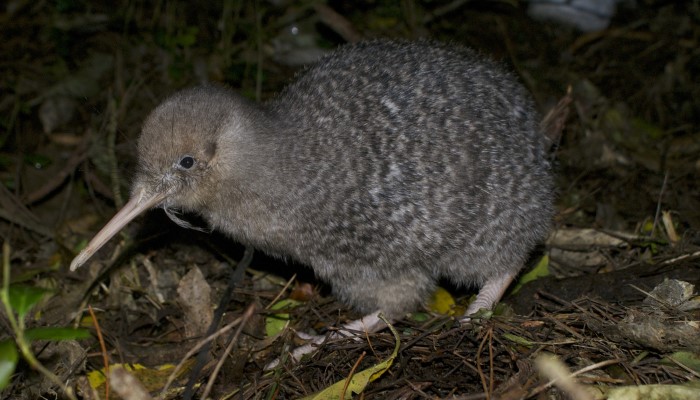
Animals (New Zealand)
Where can I find information about animals in New Zealand?
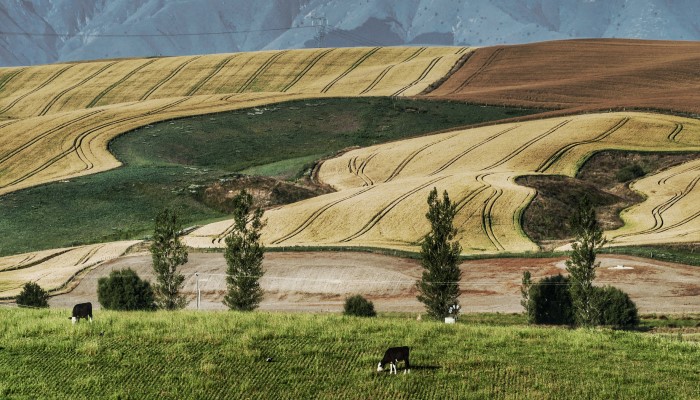
Agriculture & horticulture
Where can I find information about agriculture and horticulture?
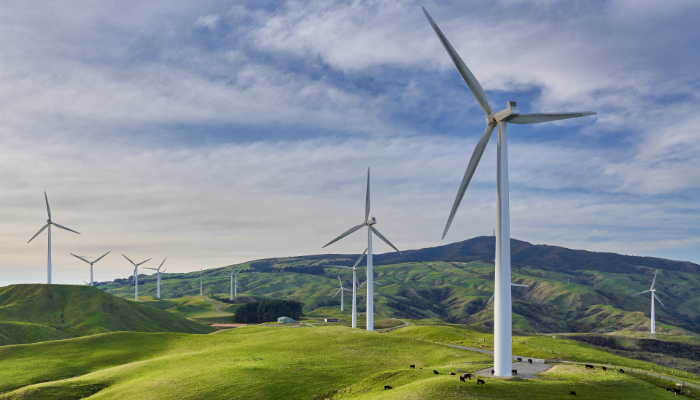
Sustainability
Where can I find information about sustainability?
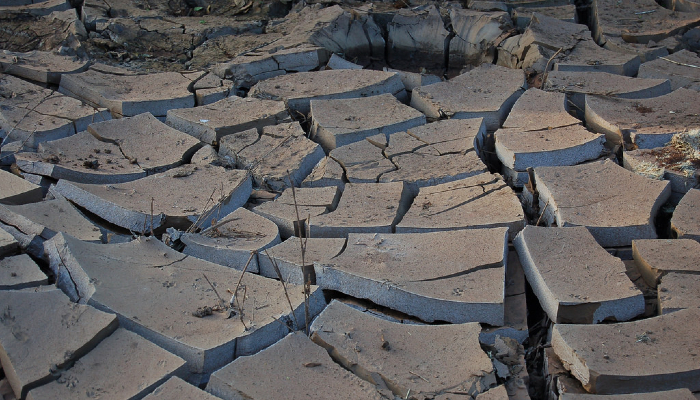
Climate change
Where can I find information about climate change?
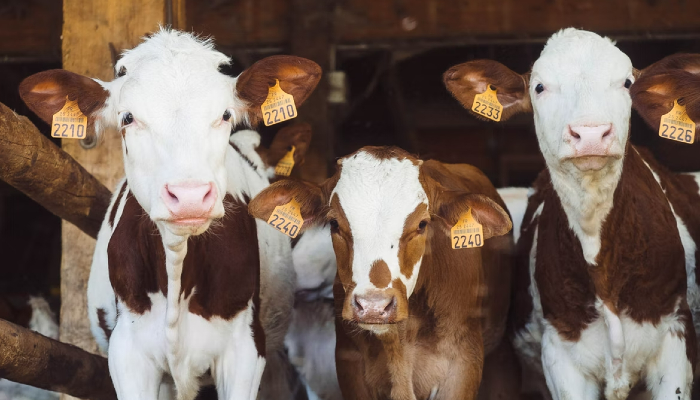
Animal rights
Where can I find information about animal rights?

Pollution
Where can I find information about pollution?
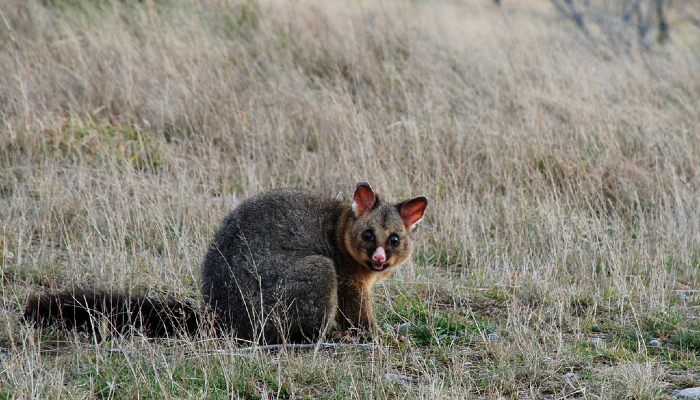
1080
Where can I find information about the 1080 controversy?
